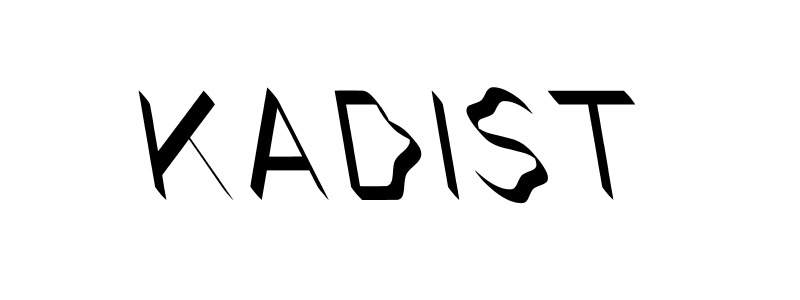Eniko Mihalik
2012 - Photography (Photography)
Jeff Burton
In Eniko Mihalik (2012), the camera captures a glimpse of the eponymous Hungarian model as seen through a rearview mirror. They are both two examples of the artist’s many enigmatic photographs of models, actors, musicians, and other powerful figures rooted in the celebrity-driven culture of Los Angeles. Catching a glimpse of the model, the viewer enters into the world of the celebrity. This photograph makes us question what are we are looking at (and why we are present in) this seemingly ordinary situation. Burton employs soft light to emphasize the woman’s ideal beauty while problematizing the situation that affords the viewer this peek into her life. Like much of Burton’s work, Eniko Mihalik reflects both his experience as a commercial photographer and his interest in the voyeurism, desire, vulnerability, and power of the photographic act.
Colors:
Other related works, blended automatically

© » KADIST
Jeff Burton
2013Negligee (2013) serves as an example of this tension, with its artful angle and play with shadow and light upon the sensual subject, rendering the image ambiguous...

© » KADIST
Martin Kippenberger
19897″ Single ‘Pop In’ by Martin Kippenbergher consisting of a vinyl record and a unique artwork drawn by the artist on the record’s sleeve...

© » KADIST
Yto Barrada
2007This photograph is part of the series titled “Iris Tingitana project” (2007) focusing on the disappearance of the iris...

© » KADIST
Walead Beshty
2011Constructed out of metal or glass to mirror the size of FedEx shipping boxes, and to fit securely inside, Walead Beshty’s FedEx works are then shipped, accruing cracks, chips, scrapes, and bruises along the way to their destination...

© » KADIST
Simon Starling
2007Invited in 2007 to the Museum Folkwang in Essen (Germany), Simon Starling questioned its history: known for its collections and particularly for its early engagement in favor of modern art (including the acquisition and exhibition of works by Cézanne, Gauguin, Van Gogh, Matisse), then destroyed during the Second World War, the museum was pillaged for its masterpieces of ‘degenerate art’ by the nazis...

© » KADIST
An-My LE
2010The print Patient Admission, US Naval Hospital Ship Mercy, Vietnam (2010) features an Asian Buddhist monk and an American Navy Solider on board the Mercy ship –one of the two dedicated hospital ships of the United States Navy– sitting upright in their chairs and adopting the same posture...

© » KADIST
Luisa Lambri
2007Rudolph Schindler’s designs, part of a practice he called “Space Architecture,” marry interior with exterior and space with light...

© » KADIST
Sharon Lockhart
2008Lockhart’s film Lunch Break investigates the present state of American labor through a close look at the everyday life of the workers at the Bath Iron Works shipyard—a private sector of the U...

© » KADIST
Hans-Peter Feldmann
The types of objects Feldmann is interested in collecting into serial photographic grids or artist’s books are often also found in three dimensional installations...

© » KADIST
Enrique Ramirez
2017Ramirez’s The International Sail is the fifth in a series that features an upside-down worn out, mended and fragmented boat sail...

© » KADIST
Patty Chang
The video “Shangri-La” refers to the mythical city of James Hilton’s novel “Lost Horizon” written in 1933 and is exemplified in a film by Frank Capra which speaks of eternal youth in a city of happiness...

© » KADIST
Nathaniel Dorsky
2010Dorsky’s pieces included in the Kadist Collection are small still photographs from twelve of his most important films...

© » KADIST
Hans-Peter Feldmann
The types of objects Feldmann is interested in collecting into serial photographic grids or artist’s books are often also found in three dimensional installations...

© » KADIST
Elad Lassry
2013In his composition, Chocolate Bars, Eggs, Milk, Lassry’s subjects are mirrored in their surroundings (both figuratively, through the chocolate colored backdrop and the brown frame; and literally, in the milky white, polished surface of the table), as the artist plays with color, shape, and the conventions of representational art both within and outside of the photographic tradition...

© » KADIST
Walead Beshty
2010Black Curl (CMY/Five Magnet: Irvine, California, March 25, 2010, Fujicolor Cyrstal Archive Super Type C, EM No 165-021, 05910) is a visually compelling photogram...

© » KADIST
Trisha Donnelly
2007Untitled is a black-and-white photograph of a wave just before it breaks as seen from the distance of an overlook...




